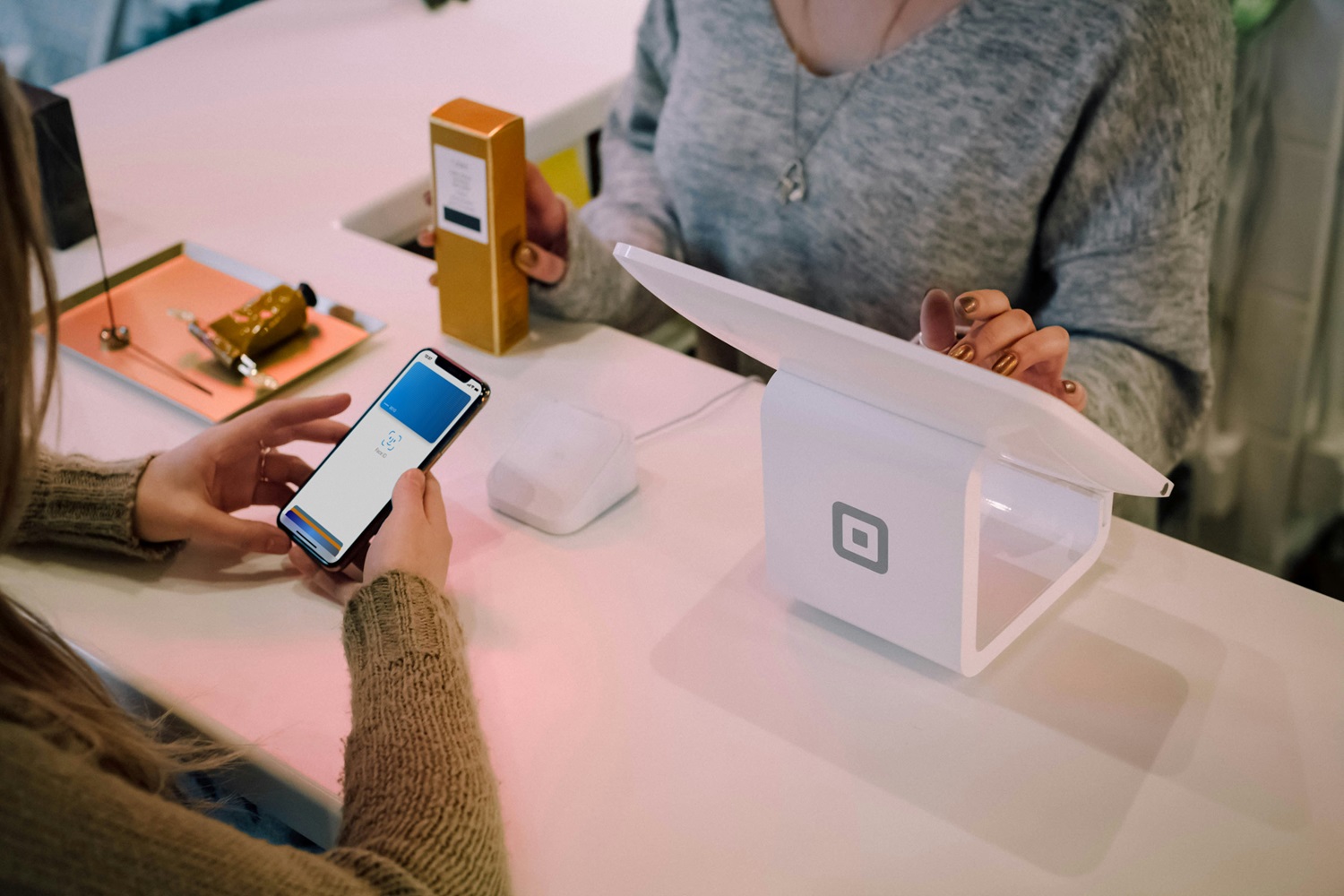Payment apps as PayPal, Venmo, and Cash App have revolutionized our handling of transactions in the era of digital convenience. They make quick and simple payment for services, sharing bills, or sending money to friends.
Though these apps have streamlined financial contacts, many users might not understand the hazards involved in keeping large sums of money in them. Payment apps are not banks, hence there are main reasons your money should be more protected than these systems can offer.
FDIC Insurance Absence
FDIC (Federal Deposit Insurance Corporation) insurance is one of the basic safeguards conventional banks provide. Should the bank collapse or go insolvent, FDIC insurance guarantees that up to $250,000 of your money is safeguarded. People trust banks with their savings in great part because of this safety net.
Conversely, payment apps lack the degree of security needed here. Although some providers promise insurance or fraud protection, these precautions are significantly less than the assurances given by FDIC coverage. Should a payment app go bankrupt, have a technical breakdown, or have cash stolen, there is no federal insurance to help you get your money back.
While some payment apps link with banks to keep your money, those accounts usually offer the same degree of safety as other non-FDIC insured accounts. Basically, if something goes wrong, your money can vanish with no means of comeback.
Limited Consumer Protections and Dispute Resolution
Conventional banks have set up processes for consumer protection and dispute resolution. Most banks provide chargeback services, a comprehensive investigative process, and policies to recoup funds in cases you discover an illegal charge or suspected fraud. Knowing that their money is in good hands helps consumers to relax and provides protections.
However, payment apps often provide either inadequate or inconsistent dispute resolution systems. Although some applications provide protection for fraudulent transactions, the degree of protection and redress accessible can be far less than what you would find from a bank.
When there is conflict, it might be challenging to receive a clear response or acceptable resolution; collecting money from a payment app could take time and cause annoyance. Furthermore, these programs sometimes force the user to produce copious amounts evidence proving a mistake was done.
Payment apps also more likely to be targets of cybercriminals. A successful hack or phishing attempt could compromise user accounts; if the app itself is sluggish to react or has insufficient defenses, users could find themselves at danger of losing significant amounts of money with little to no recompense.
There is No Interest on Stored Funds
Savings accounts, money market accounts, or certificates of deposit (CDs) are just a few of the financial instruments banks have to help your money flourish. These accounts let your money grow over time, thereby motivating you to save instead of spend. Though most of the time interest rates are modest, having your money in a bank account provides some financial gain in return for your trust and confidence in that institution.
Most payment applications do not allow any kind of interest on the money you keep under them. Rather, your money is motionless and devoid of chances for increase. If your aim is to make your savings work for you, this lack of financial incentive makes payment applications less appealing location to store large sums of money.
Although quick transfers provide convenience, you are basically losing the chance to let your money increase in value over time.
Higher Risk of Account Freezes and Limitations
Sometimes payment applications block accounts or restrict the amount of money one may save, send, or withdraw within a given period. Anything from a shift in spending patterns to questionable activity noted by the app’s automated monitoring systems can set these limits. These steps are meant to guard consumers against fraud, but they can also be rather disruptive when actual money is frozen or unreachable.
Money stored in a conventional bank follows more clear and predictable policies about withdrawals. Regulatory control of banks keeps them from arbitrarily freezing your account. Should a bank hold your account, typically for good reason, there are established procedures for handling the matter.
Payment apps, on the other hand, might impose unexpected and vague restrictions—sometimes without informing the user ahead of time. Extreme circumstances can cause a user to discover their account permanently suspended with no clear way to get their money back.
Possibility of Restricted Legal Recourse
Should something go wrong with your money in a payment app—technical problems, fraud, or otherwise—there might be little legal redress. Usually include long and rigid user agreements, payment applications also frequently exclude accountability for losses or disputes. Should an issue arise, you could discover that the app has no responsibility to reimburse your money, thereby providing limited legal redress.
On the other hand, if your money is kept at a conventional bank, the regulatory structure is far more straightforward. Federal and state rules bind banks; should your account be compromised or you experience a problem, you have more clear paths for complaining, requesting reimbursement, or legal action.
Insufficient Long-Term Financial Strategy
Finally, banks frequently offer a package of services meant to assist with long-term financial planning. Banks provide you tools to prepare for the future whether it means opening retirement accounts, handling investments, or lending with reasonable terms. Conversely, payment applications are more suited for quick transactions than for long-term wealth creation.
While using a payment app for everyday transactions is convenient, it does little to support your long-term financial well-being.
Although daily transactions are quick utilizing a handy payment app is, it doesn’t support or help your long-term financial well-being. If you’re really committed to saving for the future, your money would be much better housed in a bank or credit union.
Final Thought
Although payment apps are handy tools for quick and simple transactions, they are not made to give the degree of protection, services, or long-term benefits that established institutions do. Storing big sums of money in these applications has major hazards from lack of FDIC insurance to inadequate consumer safeguards and dispute resolution.
Store your hard-earned money in a conventional bank or credit union that provides thorough financial protections, interest-bearing accounts, and more strong customer care if you wish to safeguard it long-term. Your money deserves more than what payment applications can offer; so, avoid settling for convenience above security.
(Photo by Christiann Koepke on Unsplash)
Also read:
Savings Myths and Misconceptions: Dispelling Typical Views That Limit You






